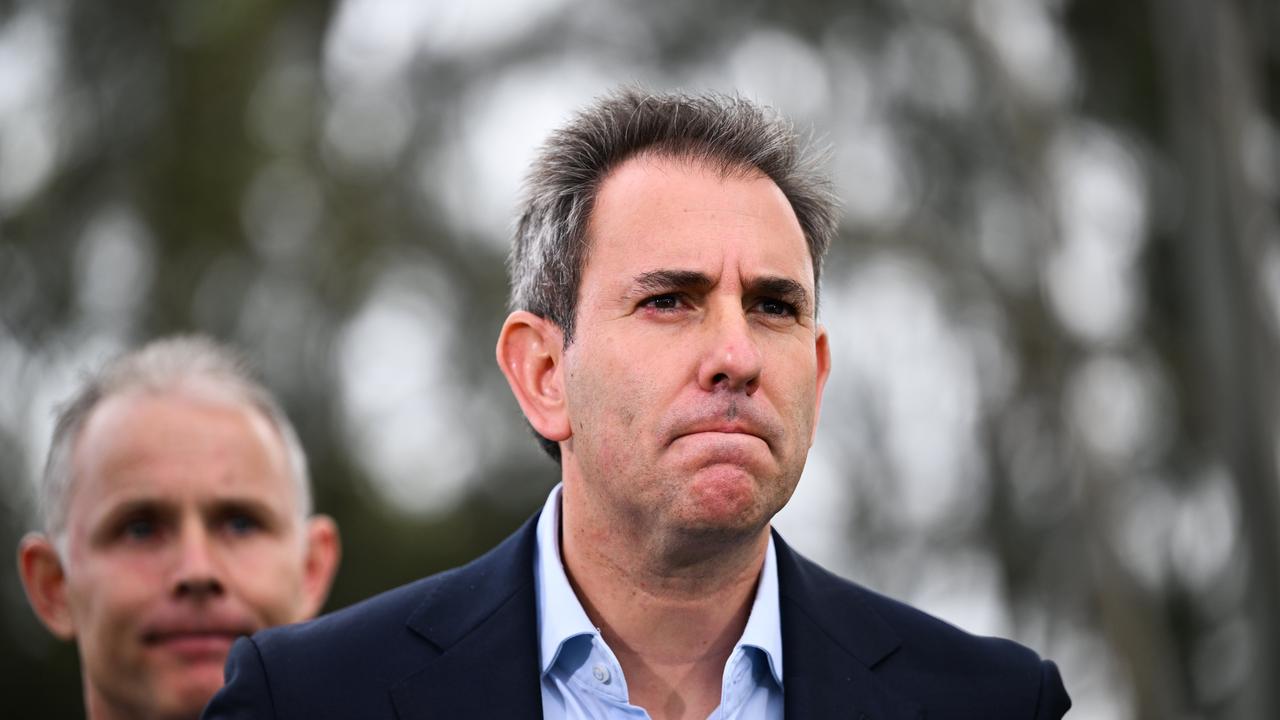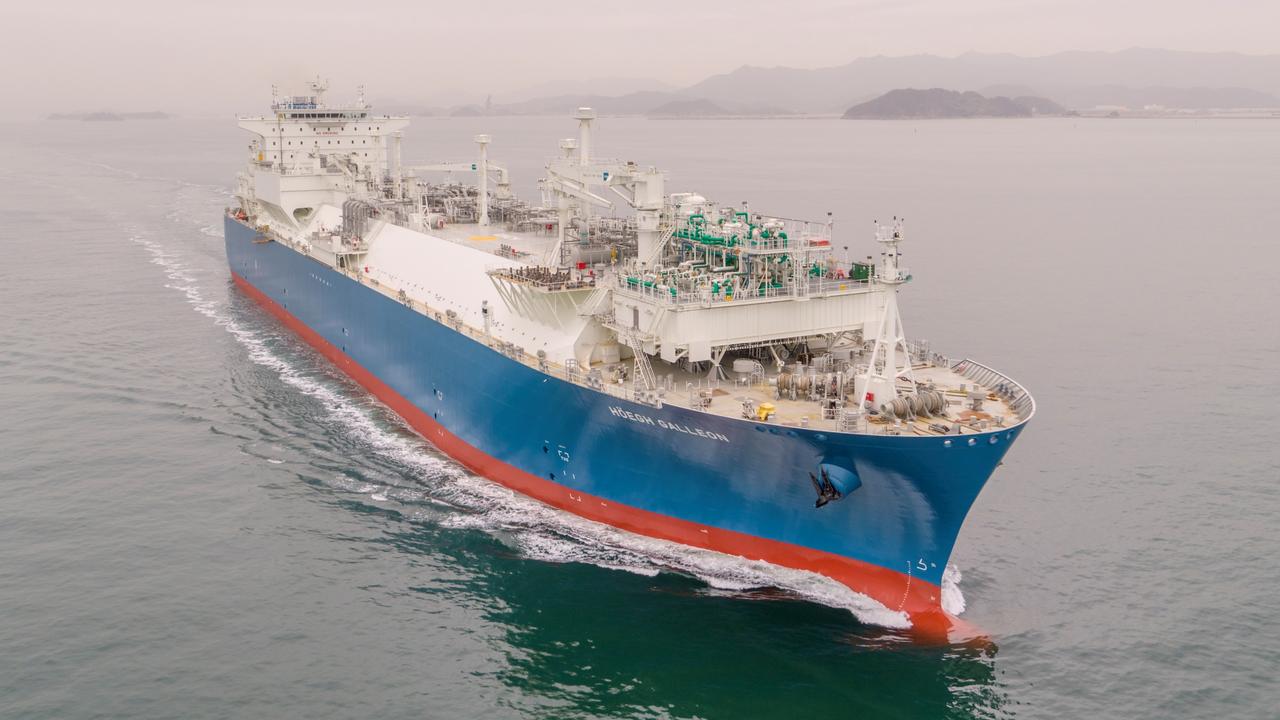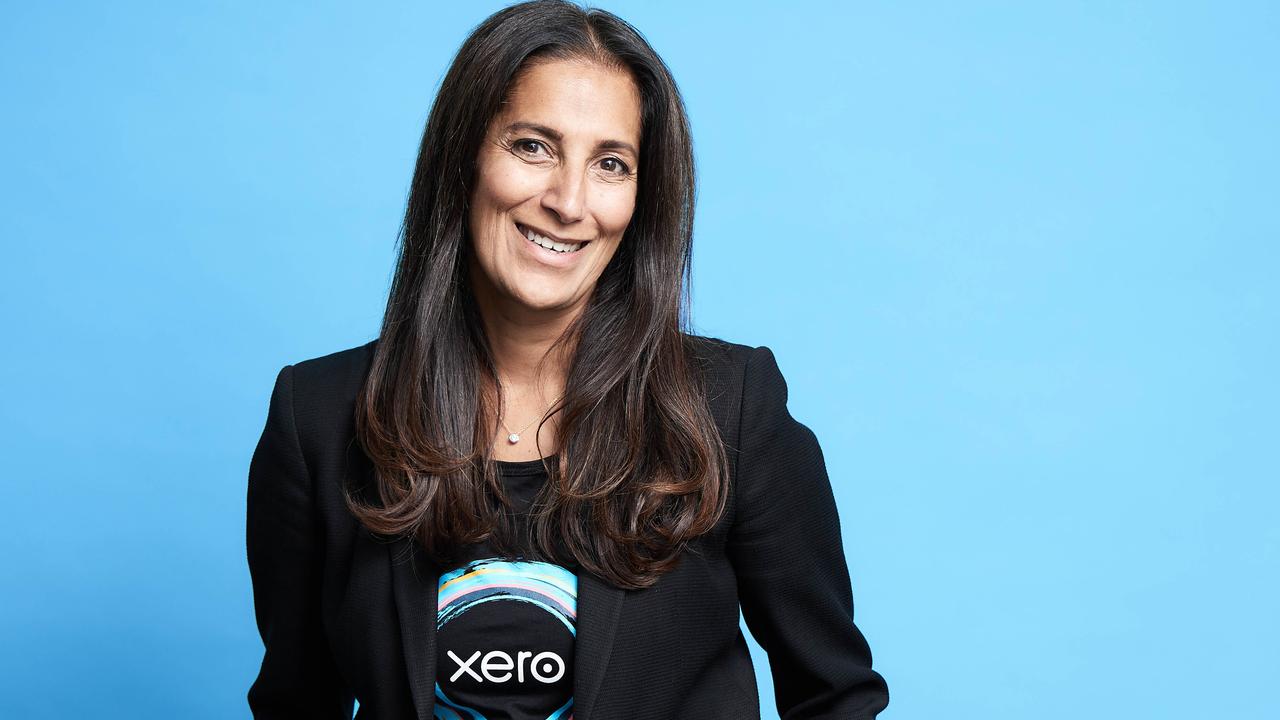PwC scandal: Rival big four firms must lead change to win back trust
Now it will be a case of how far the remaining audit firms – Deloitte, KPMG and EY – are willing to bend to keep government work flowing.
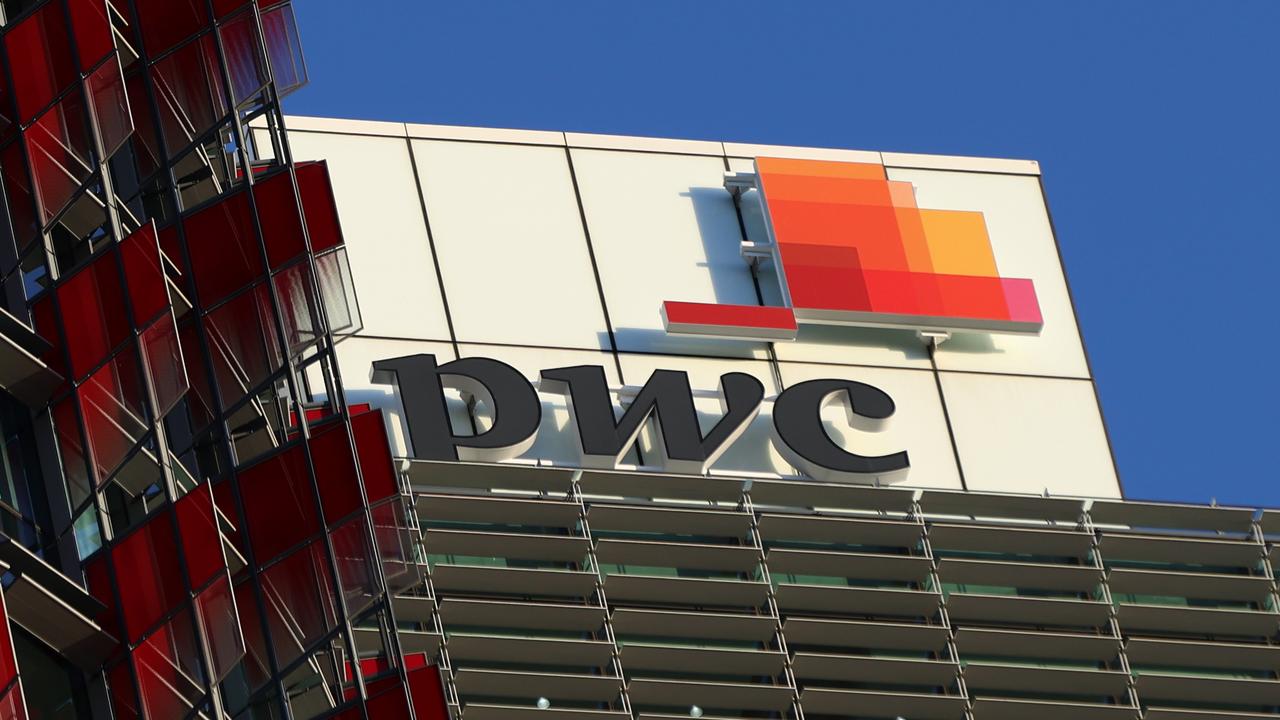
Business
Don't miss out on the headlines from Business. Followed categories will be added to My News.
One of the big legacies of PwC’s tax advice scandal will be a permanent change in the way the big four audit firms deal with government clients.
There will be more regulation; demands for higher hurdles around conflict-of-interest management and even the prospect of penalties when tendering for new business.
And, while tainted PwC is likely to remain locked out of Canberra for years, rival audit firms will be left to deal with the fallout.
Clearly there’s a breakdown of trust in the government relationship and the solution will have to fall on the industry to rebuild it. But it is aimed at protecting the hundreds of millions in revenues the big accountants currently harvest from government agencies and other public enterprises.
With PwC to be severely diminished for years to come, there’s additional government work up for grabs for a smaller pool and now it will be a case of how far the remaining players – Deloitte, KPMG and EY – are willing to bend to keep Canberra onside.
Despite popular opinion, consultants do have a role to play in government. And they are responding to work requests across the spectrum of agencies. Any top-level glance at the AusTender list under “consultancy” or “advice” will see bad headlines around PwC haven’t dampened demand.
For their part, consultants argue they bring specialist expertise to the table for complex projects and can offer outside advice. However, the system has vulnerabilities. Consultants can risk becoming expensive bodies for hire for day-to-day government business, leading to suboptimal outcomes. And in PwC’s case there was a total failure of risk management from the top down.
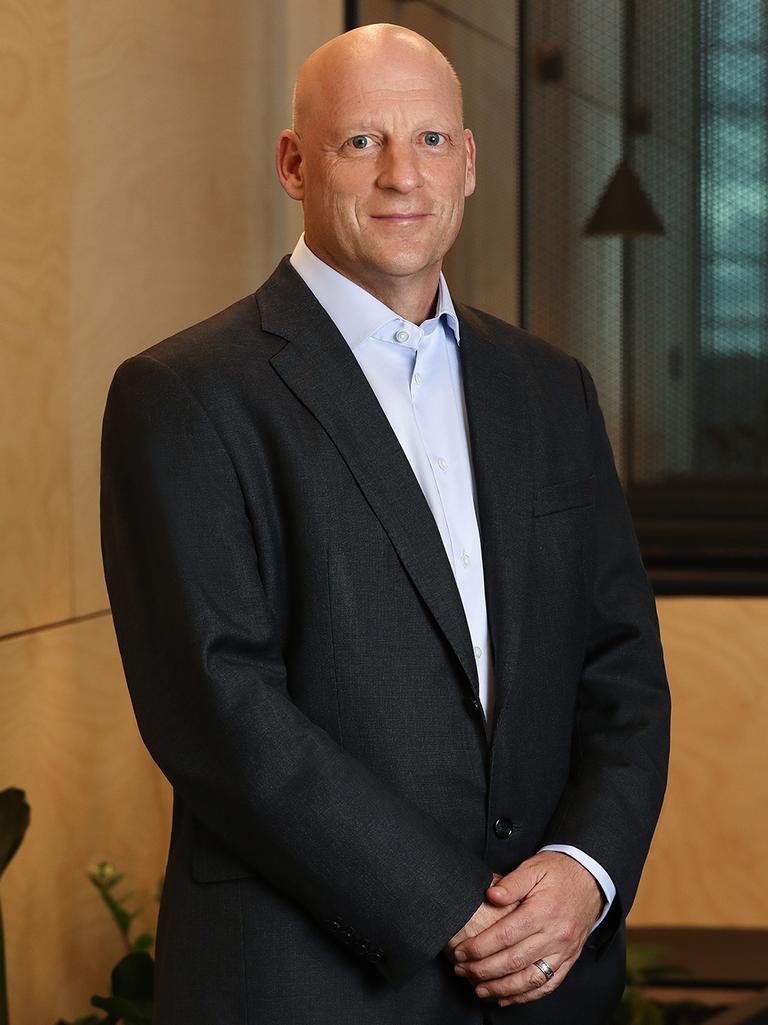
Even so, one area unlikely to gain traction inside the firms is former ACCC chairman Allan Fels’ suggestion to a Senate inquiry into consultants that the big four should split their audit and consulting arms. Fels argues it is time for Australia to lead the world, saying self-regulation and government oversight of the industry don’t work.
Deloitte chief executive Adam Powick, who appeared in Canberra at the same hearing, says while a split or the full ring-fencing of government work is not impossible, it is not something Deloitte is prepared to undertake. He argues that the combination of auditing expertise and consulting combined with private sector and international knowledge is the secret sauce his clients across business and government want.
“At the end of the day, we’re a client-serving organisation … so when we think about how we structure ourselves, it’s always from the viewpoint of ‘how do we best serve the needs of our clients?’,” Powick told the committee. “What our clients are saying to us, they bring us in to bring specialist expertise and to solve complex problems.”
Powick unashamedly defended Deloitte, which last year generated $2.5bn in revenue (the firm doesn’t disclose earnings).
“If we’re successfully serving adding value to our clients, then of course we will be successful as a business but one follows the other.
“Government clients received advice on a range of topics ranging from risk, accounting, cyber, digital and strategy, as well as insights and best practices from the global network.”
He said Deloitte’s public sector clients “are expecting us to bring insights and skills from the private sector into the public”.
All this will be a test for Deloitte and the new consulting firm in town, the former PwC Canberra-based business that was sold to private equity firm Allegro earlier this month for just $1. The new firm, Scyne Advisory, with 1750 staff and 130 former partners of PwC, has promised to be the disruptor. It has also pledged to only do government-based work to prevent any perception of conflict. The new company has no links with the staff involved in the tax advice affair, it claims.
Powick said even if Deloitte was to ring-fence or separate part of its business “their culture would be very similar to what was there before”. And while the idea of separation is complicated, Powick points out the PwC sale had been “taken expediently under duress”.
Deloitte chairman Tom Imbesi, also appearing in Canberra, has tentatively tried to find a way forward in working with government clients, suggesting that audit and consulting firms undertaking public work could be subjected to an annual review potentially by Canberra’s in-house auditor, the Australian National Audit Office. This would need to be funded potentially through an industry levy.
Elsewhere, a review should be undertaken of government procurement policies for greater clarity and accountability, and the potential for tendering penalties if work falls short or there are breaches. However, if there are any rule changes to strengthen protection for public sector clients, governments need to ensure penalties don’t disproportionately hit smaller firms to entrench what will now be the big three.
On Tuesday EY Oceania chief executive David Larocca appeared at the Senate saying PwC’s issues were for the entire industry to tackle.
“Our industry must accept the critical importance of integrity, confidentiality, and ethics, actions and behaviours,” Larocca said.
“Where there has been a failure by any part of the industry in this regard, it is right that this failure be subject to intense scrutiny and that every component of the industry considers where improvements can be made”.
The Senate committee is due to deliver its final report by the end of November.
Westpac chair race
The search for a new chairman at Westpac to replace John McFarlane has narrowed, with former insurance executive and one-time Wallaby Mike Hawker stepping down from the bank’s board over the weekend.
With Hawker these days based in London, the former IAG boss is putting more focus on his role at UK-based insurer Bupa, where he has been an independent director for the past four years. It is understood Hawker has a new board opportunity ahead and this prompted the Westpac exit.
Geography largely precluded Hawker from putting his hat in the ring for the Westpac chair, with the focus now on former KPMG chairman Peter Nash, who has been widely seen as a frontrunner among internal contenders.
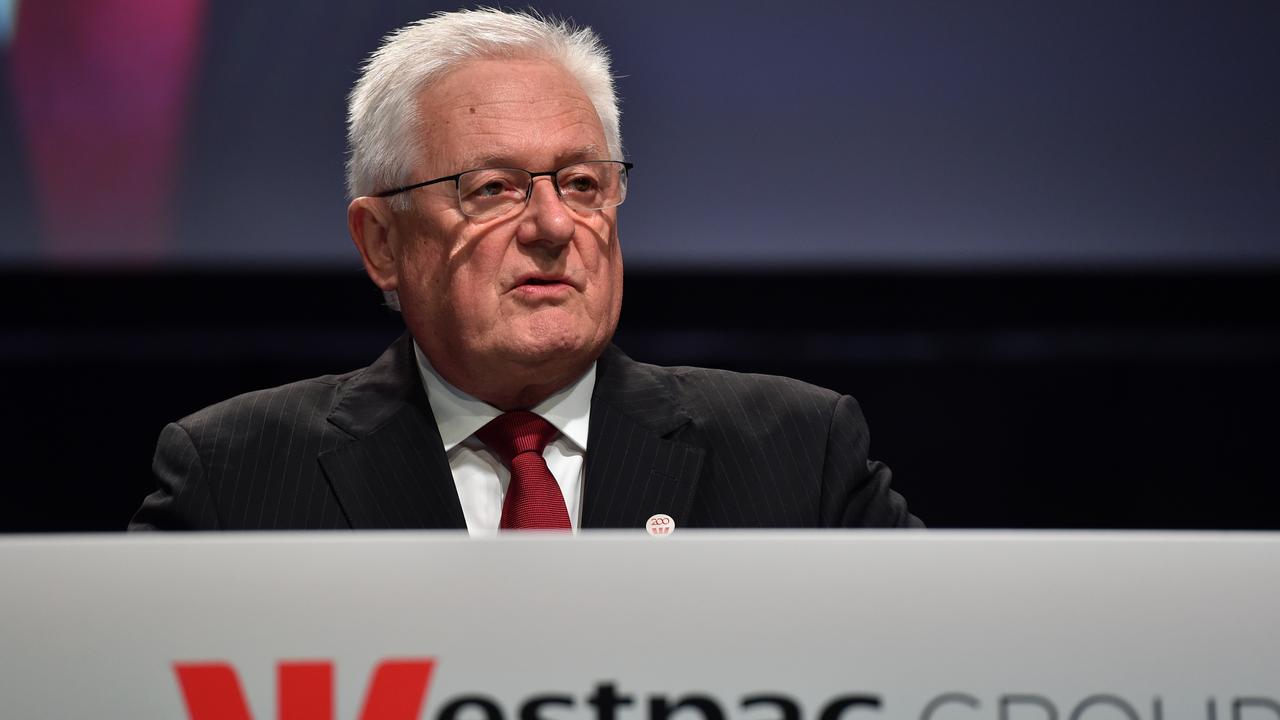
Nash is among the most experienced of candidates but the strong mood against the big four auditors may count against him. So too with former chairman Lindsay Maxsted, another KPMG alumni, who resigned amid the bank’s Austrac scandal and massive fine in 2019.
Elsewhere in the race is experienced company director and former investment banker Nora Scheinkestel, who has sat on Brambles, Origin and Telstra boards and was a chair of Atlas Arteria. Former Transurban boss and Rio Tinto executive Chris Lynch, who joined the board in September 2020, is likely to face demands for more boardroom experience before putting his name in the hat.
In a twist, the two internal names are Melbourne-based, like McFarlane and Maxsted before him, possibly giving Westpac an unbroken run of southern-based chairs. An external chair shouldn’t be ruled out, but time is running out with only months left before they are to be installed and voted on to the board.
Hawker was only appointed to Westpac in December 2020, which means McFarlane will need to find a new director as well as a successor ahead of the November annual meeting. Hawker is still on the board of listed investment house Washington H. Soul Pattinson, where he has been for a decade. He is also on the board of Allianz Australia and Bupa Australia. Hawker stood down from Macquarie’s board to join Westpac three years ago. McFarlane and Hawker worked together in their early career at global bank Citi and on the board of UK funds house Aviva. Since McFarlane became chairman in early 2020 there has been significant turnover in the boardroom, with Nerida Caesar, who joined in 2017, the longest-serving director.
McFarlane flagged his intention late last year to retire by the 2023 annual meeting, scheduled for December. This kicked off the succession process. He said when he joined Westpac in early 2020 his intention was to create a bank that was “leaner, more agile, and better performing”. The moment for that will be when regulator APRA removes a penalty forcing the bank to hold $1bn in additional capital while it improves its risk management in the wake of its Austrac failures. If everything moves in the right direction this could happen by mid-next year.
johnstone@theaustralian.com.au
Originally published as PwC scandal: Rival big four firms must lead change to win back trust





